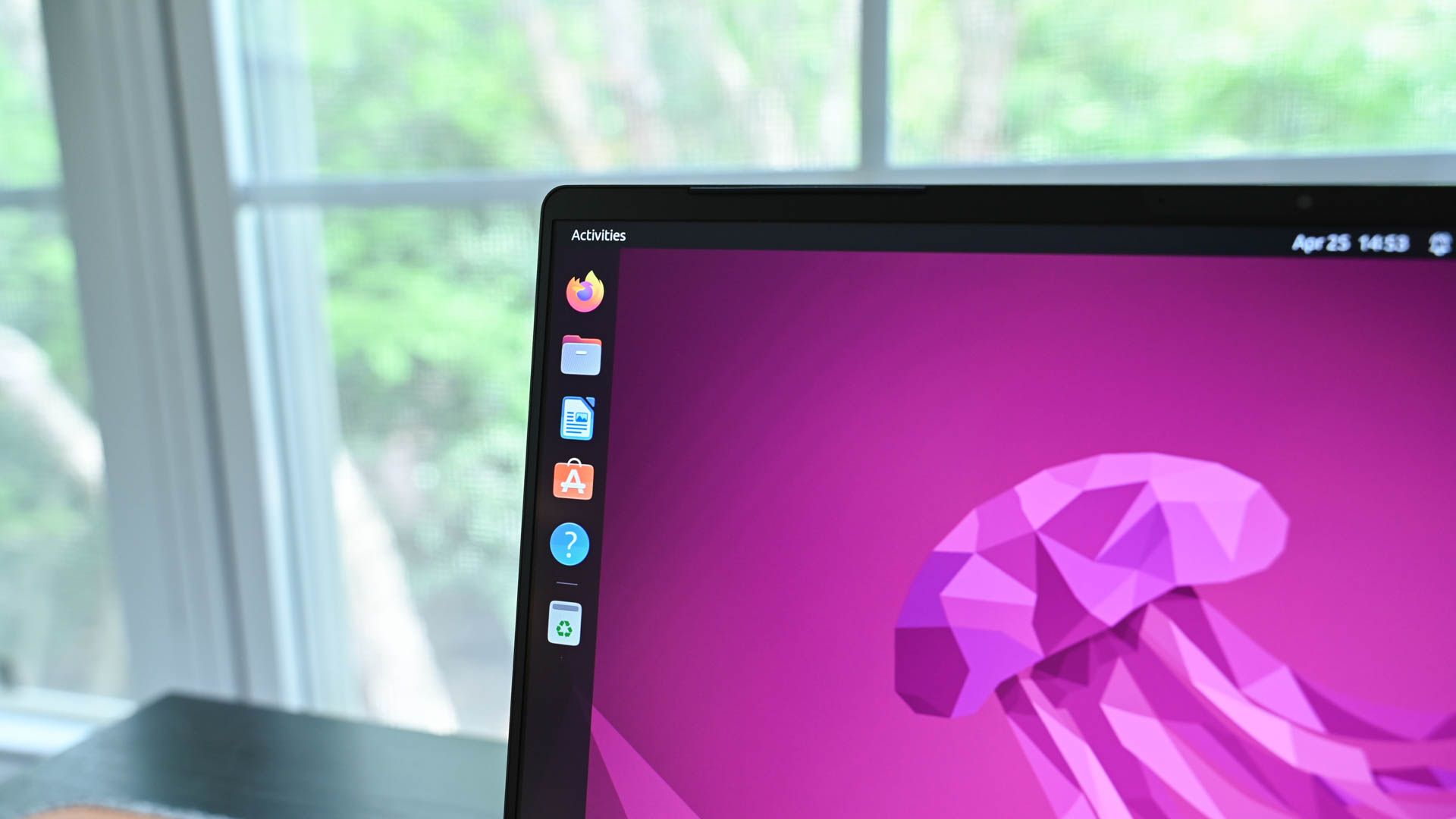Ubuntu 20.04 LTS is nearing the end of its original five-year support cycle. If you still have a PC, virtual machine, or server running that version, it’s time to get updated.
Canonical, the developer of Ubuntu, has just published an important reminder that the standard five-year support window for this popular Long-Term Support (LTS) release of Ubuntu 20.04 is closing. This means that the free version of Ubuntu 20.04 LTS will cease receiving crucial security updates, potentially exposing computers running the OS to vulnerabilities. Now that this five-year period has ended, any newly discovered vulnerabilities will not be patched, and malicious actors might begin targeting and poking around computers with this older operating system.
Ubuntu 20.04 LTS was first announced at the tail end of 2019 and rolled out in April 2020. We’re in 2025, so five years have now come and gone. If you happen to run Ubuntu 20.04 LTS on your personal computer, you can either do a fresh install of a newer version of Ubuntu. The latest LTS version is Ubuntu 24.04 LTS, and it will last you all the way up to 2029, so you’d still have a solid four years left of updates for your computer as well as an overall more modern operating system. You can also do an in-place upgrade instead, but there are a few reasons why you might prefer a fresh deployment. For one, apps and packages installed from third-party repositories (outside of Ubuntu’s official “Main” and “Universe” repositories) may not be upgraded automatically and might require manual reinstallation or configuration.
Some setups might require more time to migrate or have applications that are difficult to upgrade. For one, those deployed in business contexts. For those, you might want to consider Ubuntu Pro instead. This is a paid subscription service that extends the security maintenance of Ubuntu 20.04 LTS for an additional five years, providing coverage until at least 2030. Ubuntu Pro still needs to be deployed to your system by either a fresh install or an in-place upgrade, but it’s easier than deploying a brand-new version. If you’re somehow still on Ubuntu 20.04 LTS by 2030, you can get an extra two years with another subscription. You can get updates up until 2032, but it will probably be costly.
Source: Canonical





